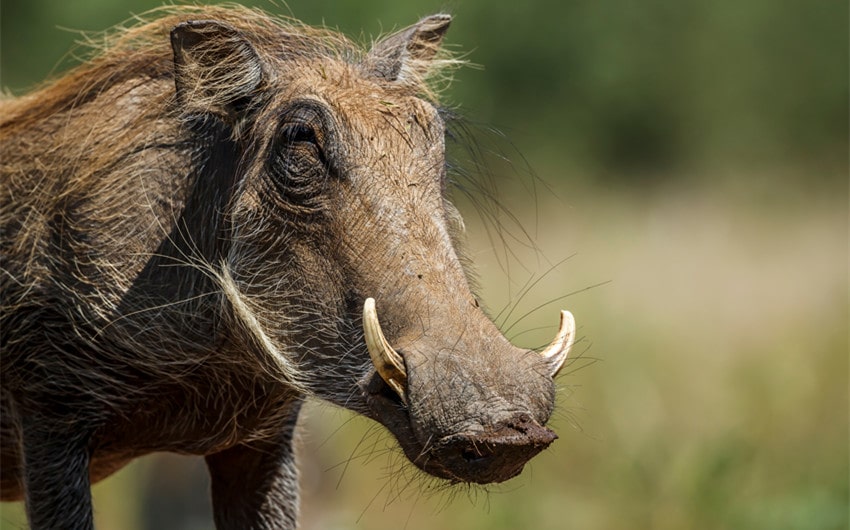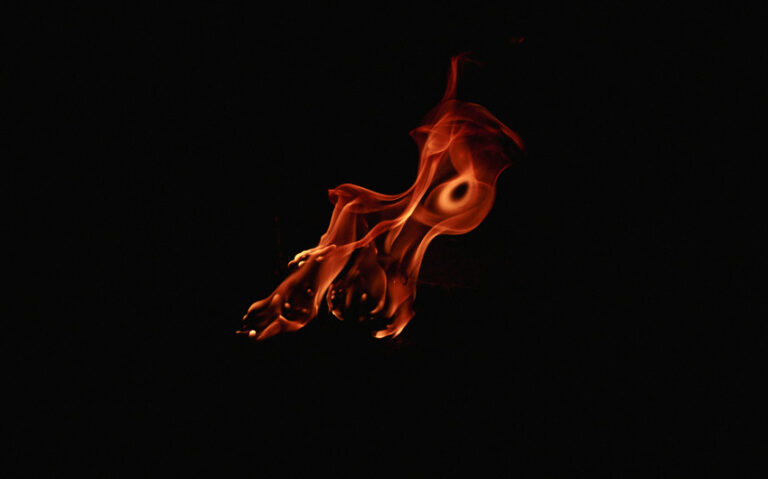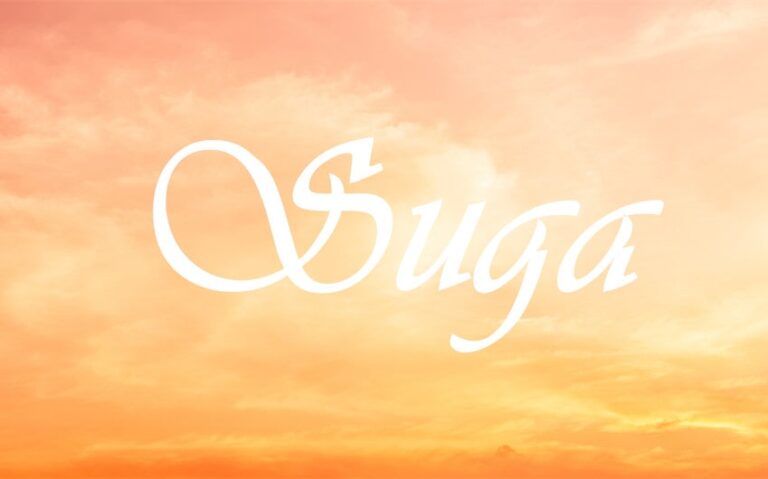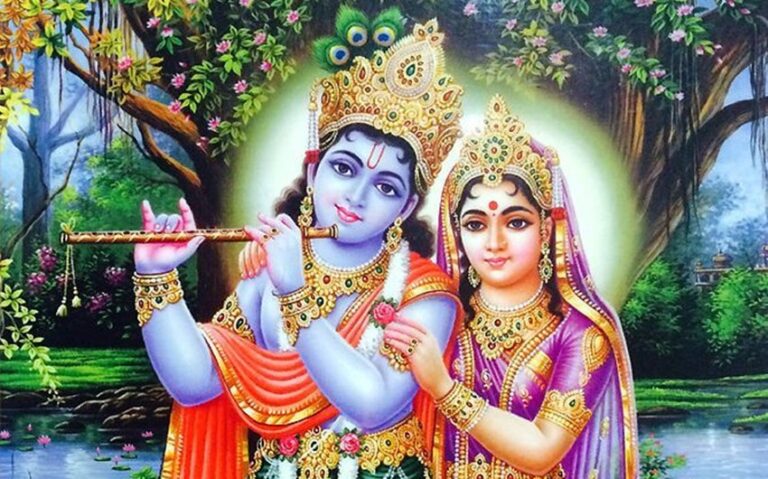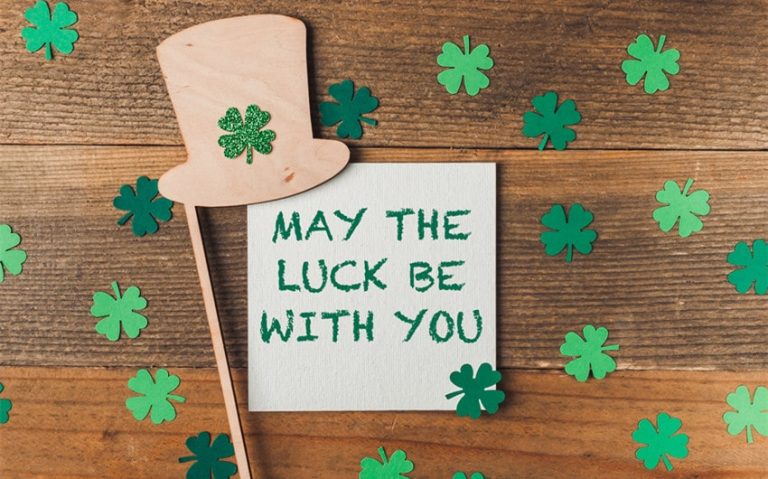Pumba Name Meaning: Cultural Roots, Usage, and Misunderstandings
You’ve probably seen the name “Pumba” online, heard someone use it casually, or even considered it as a nickname or username. While it sounds fun and familiar, especially thanks to pop culture references, the Pumba name meaning carries linguistic and cultural significance that often goes unrecognized. Whether you’re curious about where it comes from, what it really means, or how it’s different from the Disney character “Pumbaa,” this article breaks it all down so you know what you’re saying—or naming.
Pumba vs. Pumbaa: Clearing Up the Confusion
First things first: let’s address the elephant—or rather, the warthog—in the room. The name “Pumba” is often confused with “Pumbaa,” the lovable warthog character from Disney’s The Lion King. Pumbaa is known for being comically carefree, loyal, and full of gas-related humor. The spelling with a double “A” is intentional and unique to the Disney version of the name. That character’s full name, according to Disney lore, is derived from the Swahili word “pumbavu,” which loosely means “foolish” or “silly.”
But “Pumba,” spelled with a single “A,” is not a Disney invention. It exists separately and may have different interpretations depending on the context. People often use Pumba casually without realizing there’s a clear distinction between the name of a fictional character and a real-world word or nickname. This confusion can lead to assumptions about what the name represents, which is why understanding the background matters.
So while Pumba and Pumbaa may sound the same to the casual ear, their meanings and uses can differ significantly.
Linguistic Origins and Possible Meanings of Pumba
The most widely acknowledged origin of the word “Pumba” is in the Swahili language. In Swahili, a Bantu language spoken in many parts of East Africa, “pumba” functions as a verb or noun depending on the context. Some commonly accepted translations and connotations include:
-
To be foolish or silly
-
To act carelessly or clumsily
-
To be dazed or confused
These meanings are often associated with lightheartedness or harmless ignorance rather than malicious stupidity. The word may be used to describe someone who is a bit scatterbrained or amusingly clueless, much like how people might lovingly call a friend “goofball” in English. This could be one reason why Disney adopted a variation of the word for its comedic sidekick.
However, the meaning can shift in tone depending on how it’s used. In some cases, calling someone “pumba” might be slightly insulting, implying a lack of awareness or poor decision-making. But it can also be affectionate or humorous—language is flexible like that. In casual Swahili conversations, it’s not uncommon for words like these to carry multiple shades of meaning based on tone and context.
Outside of Swahili, “Pumba” doesn’t have direct meanings in most mainstream languages like English, Spanish, or French. However, in Portuguese and Spanish-speaking communities, the word might still be adopted as a nickname or username, sometimes detached from its original meaning entirely. In online spaces, “Pumba” is often just seen as a fun, quirky, and easy-to-remember name.
There’s also speculation about regional slang or dialects—such as African tribal languages or street vernaculars—where “Pumba” might be used informally in ways that aren’t well documented in written language. These interpretations are harder to confirm but worth keeping in mind if you’re using the word in a cross-cultural setting.
Cultural Interpretation and Symbolism
So what does the name Pumba really stand for in cultural or symbolic terms? As with many short, punchy names, the answer varies depending on how and where it’s used. In some cases, Pumba is used as a term of endearment—something fun to call a friend, a pet, or even yourself. Its sound is playful and warm, which makes it an appealing choice for usernames, characters, or social media personas.
In Swahili-speaking communities, the term may carry a slightly more pointed meaning. If someone calls you a “pumba,” you might take it as a joke, or you might take offense—it depends entirely on the relationship and the context. Think of how English speakers use words like “dummy” or “fool.” Among friends, it’s teasing. Among strangers, it can be insulting.
When it comes to symbolism, the name Pumba often evokes images of someone who’s laid-back, easygoing, or a little absent-minded—in a charming way. These qualities have become more globally associated with the name due to the enduring popularity of the Lion King character, even though that was technically “Pumbaa.” In this way, the word has inherited a layer of meaning that goes beyond its original linguistic roots.
It’s also worth noting that many people who adopt the name Pumba in online games, forums, or social spaces aren’t thinking about Swahili at all. For them, it’s a lighthearted identity—a name that signals approachability, humor, or even a nonchalant attitude toward life.
Should You Use Pumba as a Name?
If you’re thinking about using “Pumba” as a name—for a pet, a username, or even a brand—you might be wondering whether it’s appropriate or potentially offensive. The good news is that in most contexts, using Pumba is harmless, especially if you’re not directly referencing its Swahili meaning or mocking cultural traits.
That said, it’s always respectful to understand the background of any word you adopt. Here are some things to consider:
-
For pets or mascots: Pumba is a fun and fitting name, especially for animals with goofy or carefree personalities. It rolls off the tongue and has global recognition without being overused.
-
For usernames or creative projects: If you’re looking to brand yourself as fun-loving, playful, or a bit unconventional, Pumba can work well. Just know that some people may immediately associate it with the Disney character.
-
For serious or professional settings: You may want to think twice. While Pumba sounds fun, it may not carry the authority or neutrality you need in business or formal communications.
-
Cultural sensitivity: If you’re engaging with Swahili-speaking communities or African cultural settings, it helps to be aware that “pumba” might not be as innocent there as it feels in Western pop culture. Using it respectfully and in context shows cultural awareness.
Ultimately, whether you use Pumba as a name depends on your intent and your audience. Names carry weight, and even silly-sounding ones like this can hold deeper layers when viewed through a cultural lens.

